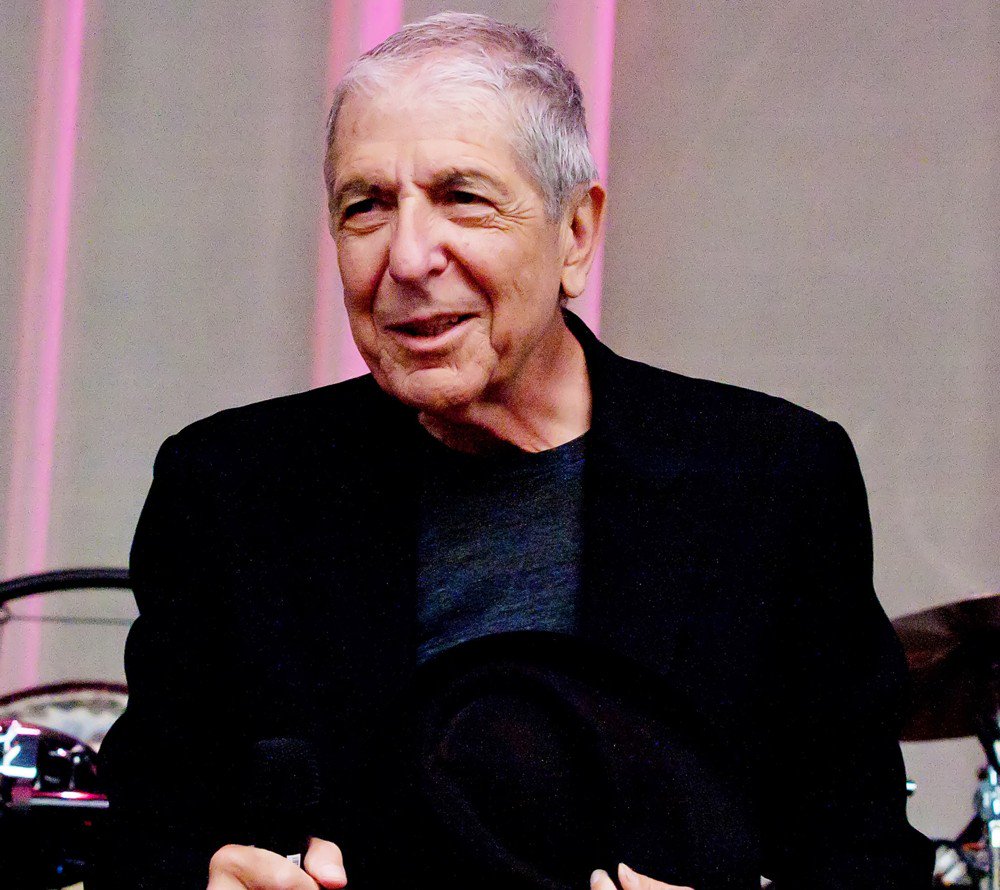
Michael Munson writes ...
This question is another example of mixed or confused meanings. The important thing to do with it, I think, is to point out the mixup, and “unmix” it for clarity.
Blaine VanderShuit is exactly correct, that Cohen was using the idea of a secret chord metaphorically, in the song Hallelujah.
The idea of a chord being “secret” can itself be metaphorical, OR it can actually be political, in a way. That is, as some others have said, a group can decide that a particular chord, when played at certain times, could be a signal of sorts. In that way it isn’t the CHORD that is secret, so much as the meaning or intent of the person PLAYING it is a secret.
And as others have said, there are chords in some performances that were not written down by their composers, and therefore become mini mysteries to listeners and fans.
But the idea that there is a stand-alone “secret” chord, which only the gods will recognize, is, so far as can be determined, only a metaphor, or perhaps an article of faith for certain religious people. We could get into a huge and intriguing discussion of how mysteries are utilized in religions in various ways, and why they are used, and why religious guides often try to discourage anyone from “solving” them, but this in not the place for it.
Short answer to this question then, is “yeah, sort of, from a certain point of view, but mostly no.”
---//---
Robert Ross writes ...
Which Leonard Cohen song?
There are no secret chords. At least, I am not aware of a secret chord. Maybe I’m just not in the “secret chord” loop, and not in with the in crowd. Maybe someone will hip me to the secret chord society and invite me in. Until then, I’ll remain in the dark, and in the silence.
However I am aware of the missing chord, but alas, I haven’t found it yet. Still looking.
I hope that “struck a chord with you”.
Yuk Yuk.
Seriously, any chord can be analyzed and figured out by musicians with good enough ears. There are chords that are hard to name especially when they are complex.
For example, a chord is polyphonic is actually a combination of two or more chords played simultaneously. When I say they are a combination of two or more chords, that is just a simplified way of thinking about them.
For example, you might play a C chord (C - E - G) with a G triad (G - B - D) on top. Another way to think of that chord is to call it a C major chord with a major 7th and a 9th (C Maj 7/9).
Or you might have a G note with an F (F - A - C) chord on top. You can call that a G chord with a b7 + 9 + 13. A 13th is really a chord with a 6th played an octave and a 6th up from the root. Of course you could call that chord by other names such as an F chord with a 9th in the bass.
The more complicated a chord is, the more difficult it is to choose a name for it. It is also more difficult to figure it out by just listening to it on a recording.
There are chords that are built on certain intervals like minor thirds (diminished chords), major thirds (augmented chords), or fourths or fifths. There are also chords that are built “mostly” on a particular interval but also have one additional interval added to it, usually on top. For example, a chord built on fourths with a major third on top, or and augmented chord with an added seventh, or a diminished chord with a major 7th on top.
A Hard Day’s Night is a good example of an unusual seldom heard chord. A suspended chord. A suspended chord is a chord with a fourth replacing the third, so you have C - G - C - F - G - C or some variation of that. Of course Hard Day’s Night is in a different key.
END






